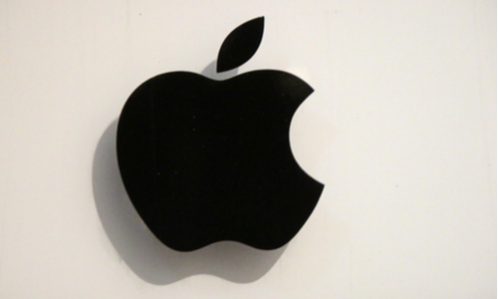Judge Yvonne Gonzalez Rogers handed down a decision in a closely-watched trial between Apple and Epic Games on Friday, reported CNBC.
Rogers issued an injunction that said that Apple will no longer be allowed to prohibit developers from providing links or other communications that direct users away from Apple in-app purchasing, of which it takes 15% to 30% of gross sales.
The injunction addresses a longstanding developer complaint and raises the possibility that developers could direct their users to their website to subscribe to or purchase digital content, hurting Apple’s App Store sales.
The decision concludes the first part of the battle between the two companies over Apple’s App Store policies and whether they stifle competition. Apple won on 9 of 10 counts but was found to engage in anticompetitive conduct under California law, and will be forced to change its App Store policies and loosen its grip over in-app purchases. The injunction will come into effect in December.
“The Court concludes that Apple’s anti-steering provisions hide critical information from consumers and illegally stifle consumer choice,” Rogers wrote. “When coupled with Apple’s incipient antitrust violations, these anti-steering provisions are anticompetitive and a nationwide remedy to eliminate those provisions is warranted.”
Related: Disruptive Innovations on Digital Platforms: Lessons from Epic Games v. Apple in the US
However, Rogers said that Apple was not a monopolist and “success is not illegal.”
“Given the trial record, the Court cannot ultimately conclude that Apple is a monopolist under either federal or state antitrust laws,” Rogers wrote.
The trial took place in Oakland, California in May, and included both company CEOs testifying in open court. People familiar with the trial previously told CNBC that both sides expected the decision to be appealed regardless of what it was.
“Today the Court has affirmed what we’ve known all along: the App Store is not in violation of antitrust law. As the Court recognized ‘success is not illegal,’” Apple said in a statement. ”’Apple faces rigorous competition in every segment in which we do business, and we believe customers and developers choose us because our products and services are the best in the world.”
Read The Full Case Decision
Want more news? Subscribe to CPI’s free daily newsletter for more headlines and updates on antitrust developments around the world.

